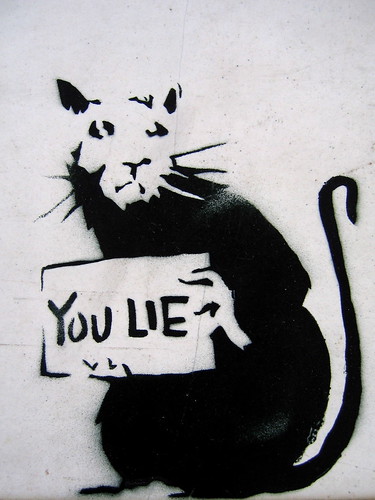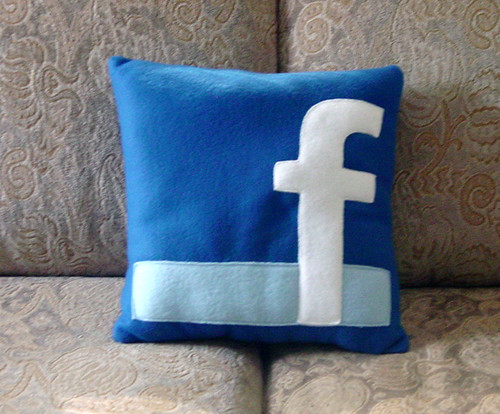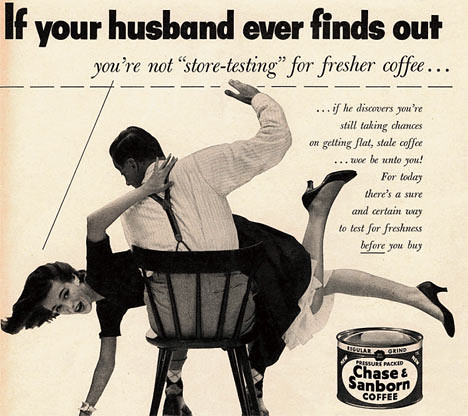Are there tricks to detecting deception?
a Science Daily: Geiselman and his colleagues have identified several indicators that a person is being deceptive. The more reliable red flags that indicate deceit, Geiselman said, include: When questioned, deceptive people generally want to say as little as possible. Geiselman initially thought they would tell an elaborate story, but the vast majority give only the bare-bones. Studies with college students, as well as prisoners, show this. Geiselman's investigative interviewing techniques are designed to get people to talk. Although deceptive people…
3 minutes
What Your Facebook Profile Says About Your Personality
a Psyblog: After comparing the actual personalities with the idealised and observed, the researchers found that, on average, people were much more likely to display their real personality on the social networking sites rather than their idealised selves. Overall people were remarkably honest in representing themselves. Join over 135,000 readers. Get a free weekly update via email here. Related posts: How To Make Your Life Better By Sending Five Simple Emails How To Stop Being Lazy And Get More Done – 5…
1 min read
Is popular music getting more narcissistic?
a Miller-McCune: Compared to a quarter-century ago, “Popular music lyrics now include more words related to a focus on the self,” reports a team of researchers led by University of Kentucky psychologist C. Nathan DeWall. And: Conversely, terms depicting social interactions (talking, sharing) became less common, as did the use of words conveying positive emotions (love, nice, sweet). These findings mirror “recent evidence showing increases in U.S. loneliness and psychopathology over time,” the researchers write. Join over 240,000 readers. Get a…
1 min read
Talking To Yourself Can Improve Performance
lf-talk in sport has been widely researched with somewhat conflicting results (Van Raalte et al., 1995; Perkos et al., 2002). The purpose of this study was to assess the effectiveness of three different self-talk interventions on endurance performance. Participants were nine cyclists who performed a 20-minute cycling ergometer workout two times per week for five weeks. At each workout participants were requested to cycle as far as possible. A multiple-baseline design was utilized, which after varying baseline lengths allowed for…
1 min read
How Coffee Affects Men And Women Differently
a meeting becomes stressful, does it help, or make things worse, if team members drink lots of coffee? A study by Lindsay St. Claire and colleagues that set out to answer this question has uncovered an unexpected sex difference. For two men collaborating or negotiating under stressful circumstances, caffeine consumption was bad news, undermining their performance and confidence. By contrast, for pairs of women, drinking caffeine often had a beneficial effect on these same factors. The researchers can't be…
1 min read
Do people avoid situations that enable them to deceive others?
formation advantage enables people to benefit themselves by deceiving their counterparts. Using a modified ultimatum bargaining game with an exit option, we find that people are more likely to avoid settings enabling them to privately deceive their counterparts than settings which do not enable deception. This tendency is explained by people's reduced desire to become responsible for the other's outcomes when deception is possible. Results of three experiments show that people avoid entering a setting that enables deception by appearing…
1 min read
How do conscientious people handle unemployment differently?
nscientious individuals tend to achieve more and have higher well-being. This has led to a view that conscientiousness is always positive for well-being. We hypothesize that conscientiousness could be detrimental to well-being when failure is experienced, such as when individuals become unemployed. In a 4-year longitudinal study of 9570 individuals interviewed yearly we show that the drop in an individual’s life satisfaction following unemployment is significantly moderated by their conscientiousness. After 3 years of unemployment individuals high in conscientiousness (i.e. one…
1 min read
Do those who have less give more?
s: Lower social class (or socioeconomic status) is associated with fewer resources, greater exposure to threat, and a reduced sense of personal control. Given these life circumstances, one might expect lower class individuals to engage in less prosocial behavior, prioritizing self-interest over the welfare of others. The authors hypothesized, by contrast, that lower class individuals orient to the welfare of others as a means to adapt to their more hostile environments and that this orientation gives rise to greater prosocial…
1 min read








